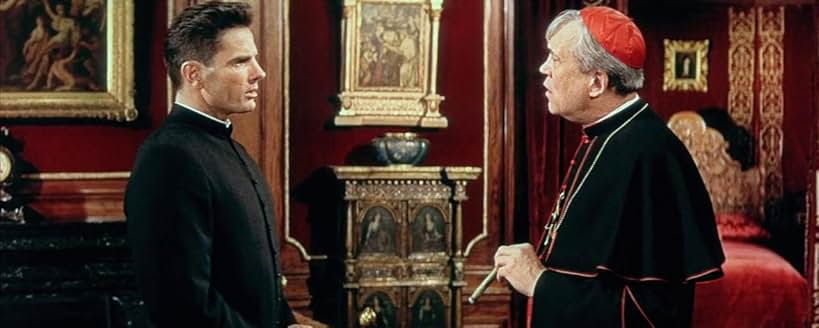
 |
| Photo © 1963 Columbia Pictures / Otto Preminger Films |
| Academy Award Nominations: | |
| Best Director: Otto Preminger | |
| Best Supporting Actor: John Huston | |
| Best Cinematography (Color): Leon Shamroy | |
| Best Art Direction–Set Decoration (Color): Lyle R. Wheeler; Gene Callahan | |
| Best Costume Design (Color): Donald Brooks | |
| Best Film Editing: Louis R. Loeffler | |
| Golden Globe Nominations and Winners: | |
| ★ | Best Picture (Drama) |
| Best Actress (Drama): Romy Schneider | |
| Best Actor (Drama): Tom Tryon | |
| Best Supporting Actor: John Huston | |
| Best Film Promoting International Understanding | |
| Permalink | Home | 1963 | ABC |